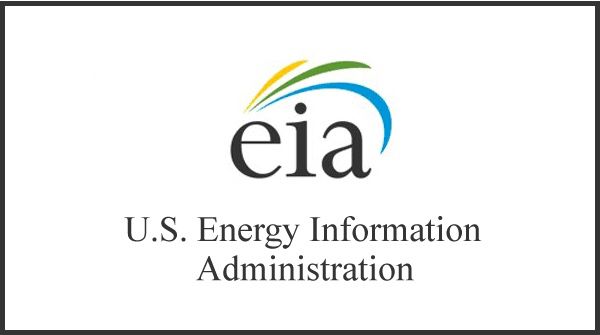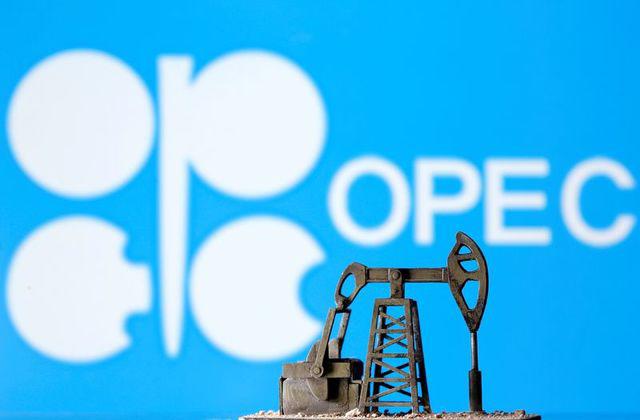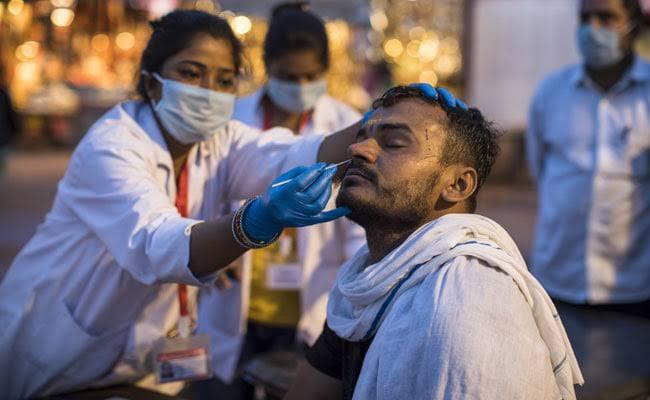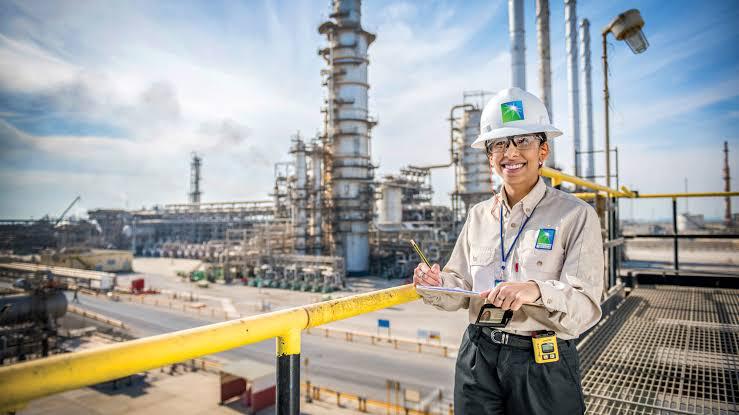“This new regulation allows Equatorial Guinea to continue being a world reference in the hydrocarbons sector.”
The Ministry of Mines and Hydrocarbons, Equatorial Guinea has announced the adoption of the new Regulation of Petroleum Operations Regulation, Regulation No 2/2020 of 15th June, 2020.
The main reason for the adoption of this new regulation is to attract more foreign investment to the country.
Gabriel M. Obiang, the Minister of Mines and Hydrocarbons said, “This new regulation allows Equatorial Guinea to continue being a world reference in the hydrocarbons sector. To maintain our position, we must be prepared, with updated norms and policies, to respond to the great challenge that the recovery of commodity prices, the creation of employment and the execution of projects after the COVID-19 pandemic will pose for the sector.”
The new regulation allows for the extension of the productive life of mature oil fields, the exploration of marginal and onshore fields, investment in deep and ultra-deep-water acreages, the monetisation of gas, the development of the petrochemicals industry, and the integration of the national workforce and local companies.
Article 41 of the new regulation clarifies exploration and production from mature and marginal fields. A mature field is a field that has entered into decline and is no longer viable, while the marginal fields are fields that have produced at least 90 per cent of its proven hydrocarbon reserves. Those fields will benefit from 10-year contracts and is subject to renewal after every five years after an assessment by the Ministry.
Article 93 of the new regulation states that refining, petrochemicals and commercialisation activities can be achieved under a license granted by the Ministry, based on the investor’s technical and financial capabilities.
Article 149 of the new regulation prohibits gas flaring, with the exception of certain circumstances. It also states that Field Development and Production Plans must be designed to allow the use, conservation or commercial exploitation of associated gas.
Equatorial Guinea looks to already be preparing for life after the pandemic, as this new regulation looks to be part of its economy recovery plan. The country has focused on the growth of the oil and gas sector throughout this year by focusing on local participation in the sector, developing several gas monetisation, and downstream projects.




